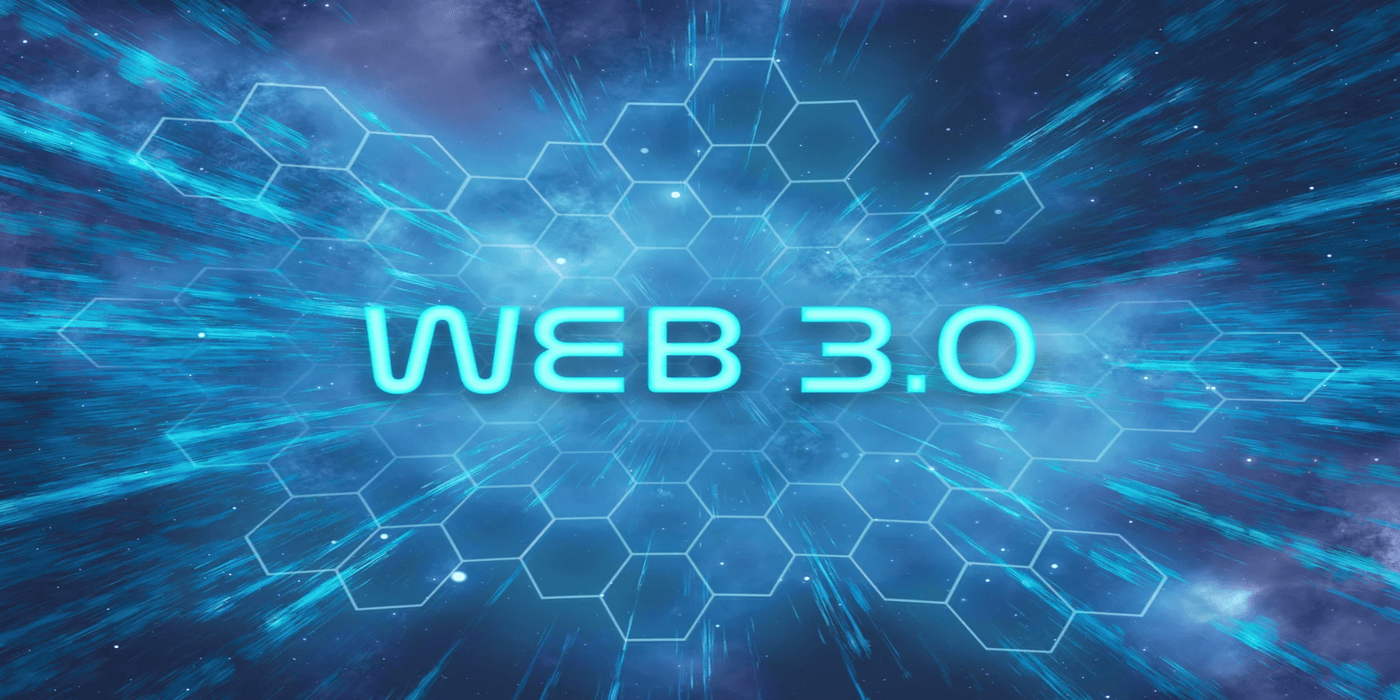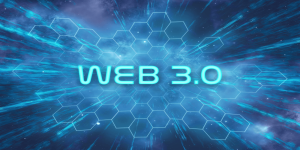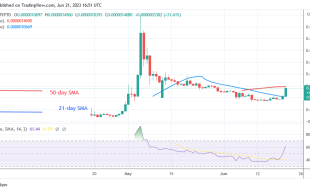Join Our Telegram channel to stay up to date on breaking news coverage
Experience Web 3.0 as you take the leap into a more decentralized and user-centric internet experience. You’ll find simplicity and endless possibilities in this next generation of the web.
Web 3.0 Revealed: Exploring an Inclusive Digital Frontier
“Web 3.0” can sometimes feel unsettling. Some people think it’s filled with technical jargon, making it seem like a club for techies only. It can seem intimidating for those of us who don’t know anything about algorithms or blockchain.
The Web 3.0 space is open and inclusive, welcoming anyone curious and wanting to learn. The first time we encountered Web 1.0 and 2.0, we all found ourselves in unfamiliar territory. Taking the leap to shop online, sending emails, and embracing social media. With Web 3.0, we’re in for some fun new stuff.
Today, life wouldn’t be the same without these tools. Like before, knowing where to look and being eager to learn will help you navigate this new territory.
There’s more to Web 3.0 than just a new technology. The digital era is getting more interactive and personalized.
The goal isn’t to separate techies from everyone else. Instead, it’s about giving everyone a voice online.
Revolutionizing Web 3.0: The Power of Inclusive Collaboration
With Web 3.0, the meaning of ‘community’ is changing significantly. There’s more to it than just being in a group – it’s about actively participating and working together.
Web 3.0 communities make it easier for everyone to get involved. By breaking down barriers, they speed up the democratic process. Communities like these make Web 3.0 accessible to everyone.
Additionally, these communities make users feel like they belong. Newcomers are welcome, and they bring people together who are interested in Web 3.0. The camaraderie motivates people to explore Web 3.0 further and understand its complexities.
You’ll find a tribe here who’s ready to help, support, and cheer you on as you make your way through Web 3.0.
Communities like these are great sources of knowledge and problem-solving. Work together in real-time to solve problems and create a learning environment. Many people think Web 3.0 is only for technical experts.
Community members are disproving these myths. Their goal is to make Web 3.0 adoption easy and accessible.
Web 3.0’s Journey: Decentralized and Interconnected Digital Identity
Earlier in the Web 2.0 era, technology was in charge, dictating terms of use, limiting control, and setting entry barriers.
In contrast, Web 3.0 introduces a notion of digital identity that goes beyond usernames and passwords.
Digital identities aren’t static; they’re dynamic and alive, just like real ones. Every time we interact online, they grow and change.
Web 3.0 isn’t the only thing changing. Even now, our digital identities show our unique contributions and engagements in online communities.
Content isn’t just something we read or watch passively anymore. Nowadays, we contribute to collective knowledge by posting reviews, sharing thoughts on social media, or joining online forums.
Our digital identity is shaped by every interaction we have online. It’s a great way to learn about who we are online, including what we’re interested in, contributing, and learning.
Our internet identities are changing from static and impersonal to ones that truly reflect us.
Digital identities are no longer tied to specific platforms or services. Accounts on social media, for instance, serve as universal logins for multiple platforms so that we can access multiple services from one place.
Similarly, our reputations on one platform can affect how others see us on another.
We can see what Web 3.0 holds for us as digital identities become more interconnected. The promise of digital identities is that they’re decentralized and universal so we can use them anywhere.
This means our digital identities will be more secure, and we’ll have more control over our data. We can also have a more streamlined online experience since all our data is in one place. As a final benefit, we can transact securely and quickly with anyone, anywhere.
Join Our Telegram channel to stay up to date on breaking news coverage


